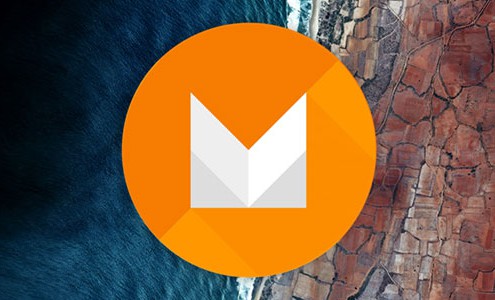Paid Content is reporting that Google has a revenue-sharing deal with the major wireless carriers, all of whom offer Android phones, and even some of the handset makers, and this is the reason for Android’s fast success and the fact of 60,000 units being sold daily. So what is the deal?
Well, at least part of the answer appears to be that Google is sharing advertising revenues with carriers that use Android, according to multiple sources who are familiar with the deals. In some cases, Â Google is also cutting deals with the handset makers. The revenue-sharing agreements only occur when the handsets come with Google applications, like search, maps and Gmail, since that is not a requirement of Android. Google declined to comment, and said terms of its agreements with partners are confidential.
Interestingly, this deal only includes phones branded Google, such as the Droid, Nexus One, and G1, and excludes any phones that ship with external UI enhancements like the HTC Droid Eris or the Samsung Behold II. The Google-branded phones have to retain Google’s core apps, all of which deliver advertising revenue, so it’s not that surprising that they’d only share revenue from phones that make them money. Those apps include search, GMail, and Maps, although search is the only bundled app that generates direct revenue at the moment.
Does this tarnish Google’s image? Hardly. PC manufacturers have literally been paid for decades to bundle, from AOL install discs to free 30-day trials of MacAfee antivirus, and this is even less sketchy, since the customer won’t feel any effect at all. But this approach reveals a weakness in Google’s Android revenue model: despite Android being created by Google, it is possible for Google to see not a dime off of an Android phone. The OS is free and open-source, after all, and indeed some Android smartphones (e.g. Moto Backflip) are lacking the apps that actually make Google money. The solution of course is Google offering (financial) incentives to carriers to offer phones that include the revenue generating features. It is a fair assumption to say that any checks that Google sends today are likely to be relatively small. Advertisements in applications like Gmail and maps are nearly non-existent, with the vast majority being displayed in search results. Â However, Google isn’t a charity, and there is benefit to them to do business this way.
Google’s revenue share also sheds some light on AT&T. As we know, AT&T treats Android like the red headed stepchild and pushes it aside as they put all there attention to their marriage with Apple. Â It stands to reason the AT&T must be getting a similar benefit with Apple.
[Source MoCoNews, AllDroid, Fast Company, Paid Content]









